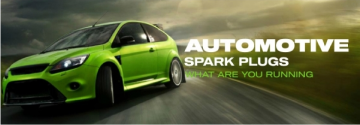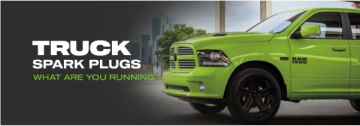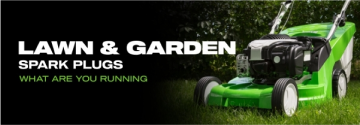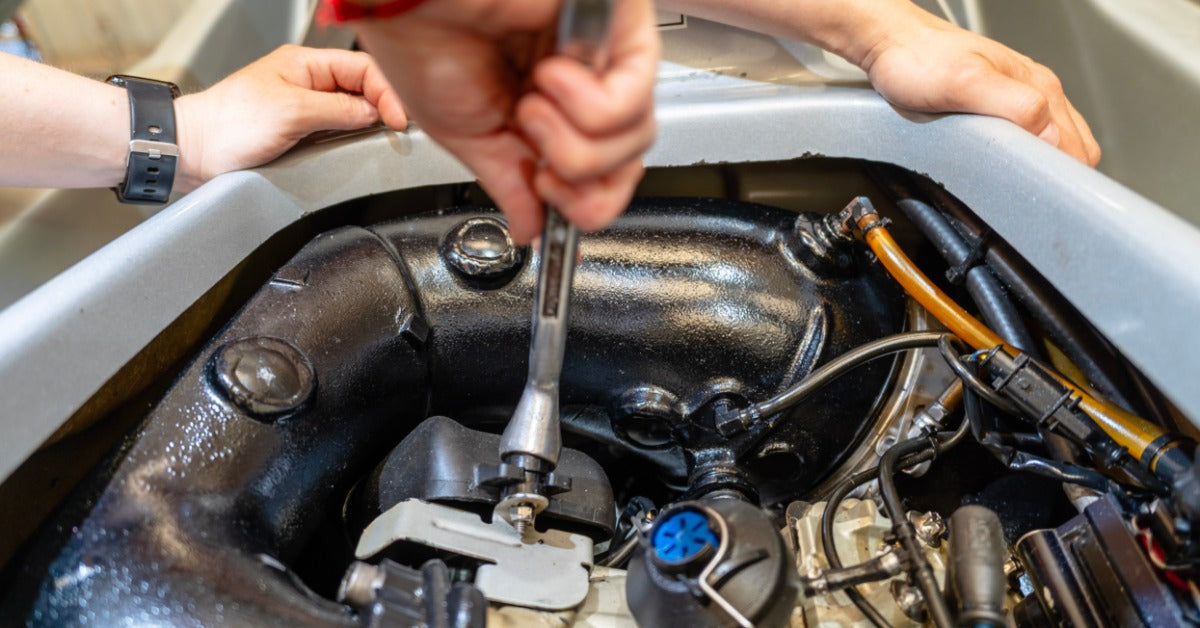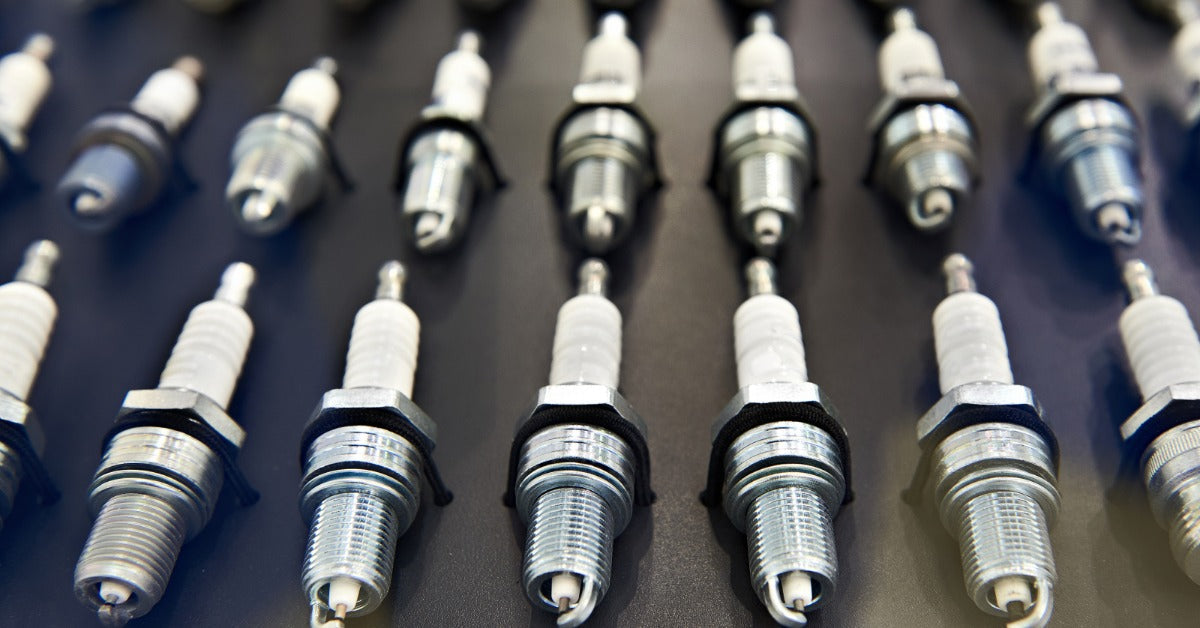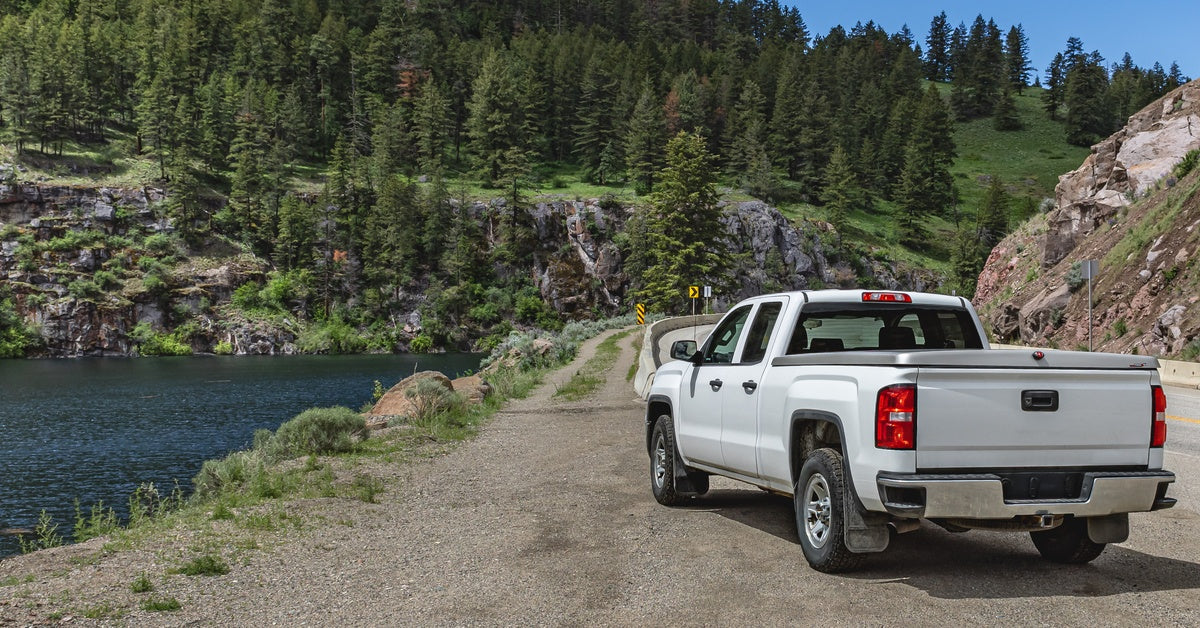
Teen getting behind the wheel this school year? E3 Spark Plugs helps you choose a safe ride that (hopefully) won’t embarrass your ultra-cool brood.
Buying a car for a teenager always starts with good intentions. Safety, reliability, and ease of use make the initial list. Unfortunately in today’s marketplace cost rears its ugly head, and a teen’s first car frequently ends up being a used compact that could fold up like a tin can on the first real impact with another car. It’s not what any loving parent wants for his or her child.
That said, trying to find the right balance when choosing a safe first ride can be a challenge. So what really makes a safe car but still allows the sticker price to come in at an affordable level? While the idea of having your teen drive a tank may satisfy the safety factor, knowing he or she is driving a big bore V8 makes most parents go pale in the face. And for good reason — horsepower can quickly get an inexperienced driver in way over their head.
The Compact
While a compact car is cheap and fuel efficient, its small size makes it a major risk right from the start in terms of crash protection. The basic laws of physics apply. Mass plus speed creates velocity, and bigger vehicles have more velocity at the same speed than smaller ones. That means compacts go “crunch” more often. So the major risk factor when considering a smaller vehicle is where and how the vehicle will be used.
The Large Vehicle
SUVs and big vehicles like trucks are not the best choice either. A high center of gravity impacts both stability and control, meaning larger vehicles are more prone to rollovers. However, the newer models of low profile SUVs do offer much better control and could be considered as a viable choice because of their protective size.
The Midsize Sedan
The midsize sedan (oh yuck!) tends to be a highly-recommended choice. It provides size for protection but not at a higher risk of rollover and most have fuel efficient engines that do not have excessive power. Further, there is plenty of room for a teen’s stuff, whether it be the team’s sports equipment, the team or both.
The Engine Size
Regardless of vehicle’s body size, it’s a far better bet to place a teen in a four-cylinder engine. While your teen will hate the idea, most teens just need a car that gets from point A to point B. A V4 engine will work just fine and the added fuel efficiency will be easier on the wallet. Rare is the teen who needs an all-wheel drive V8 engine to make a cross-country trip through the snow and ice.
All major manufacturers make a good mid-size sedan that balances the need for reliability and fuel-efficiency, which meets the basic driving needs for most teens. But depending upon your budget, these aren’t the only safe cars for teens to use. At E3 Spark Plugs, we encourage parents to research size and engine types, and match a safe car to their teen’s needs versus matching a teenager to a specific car.
